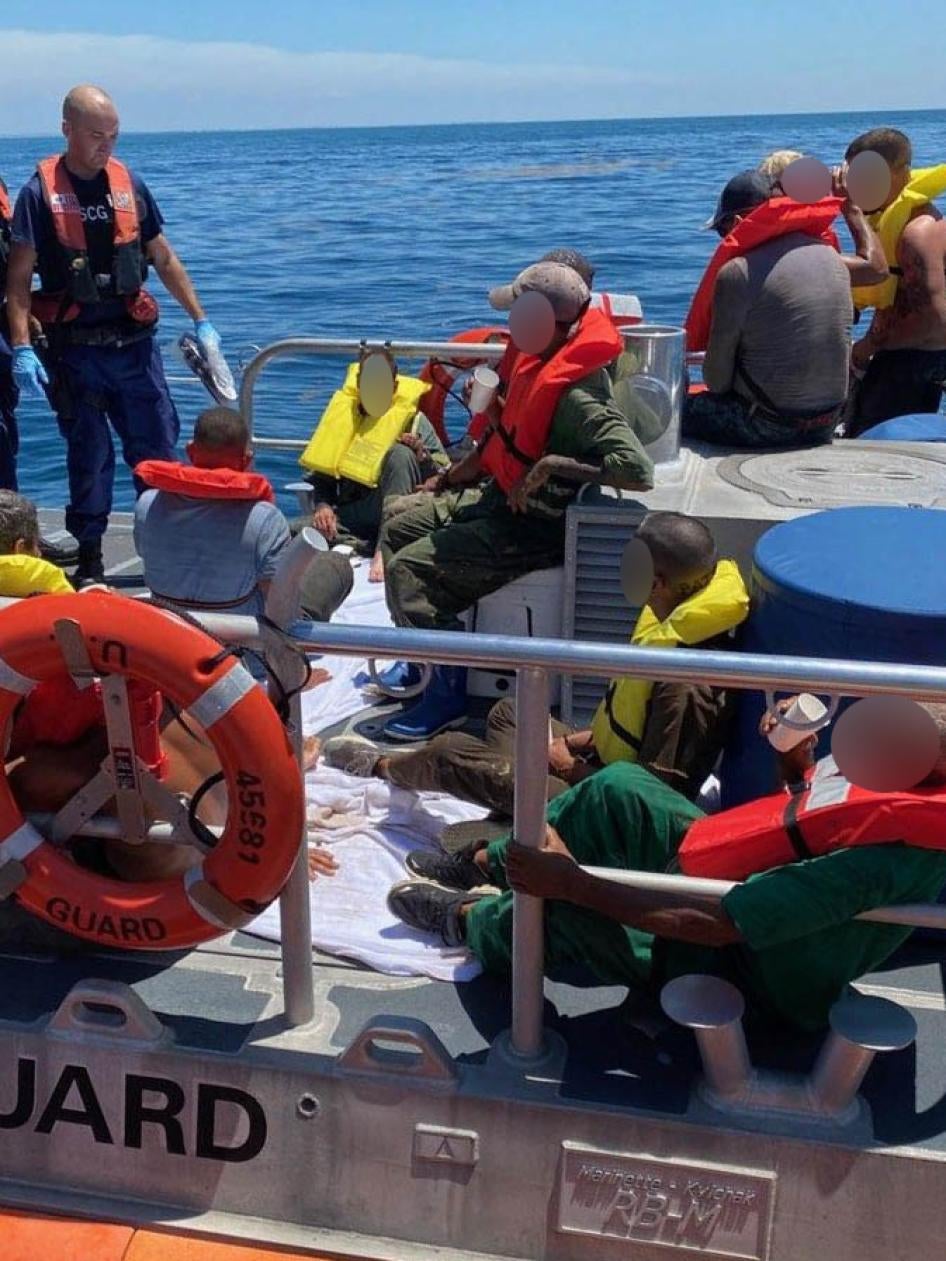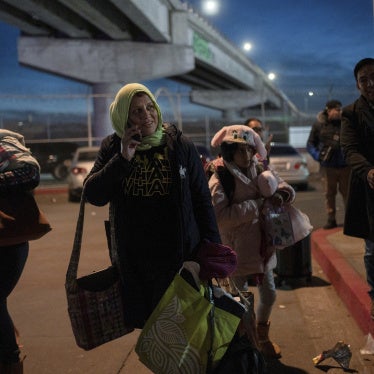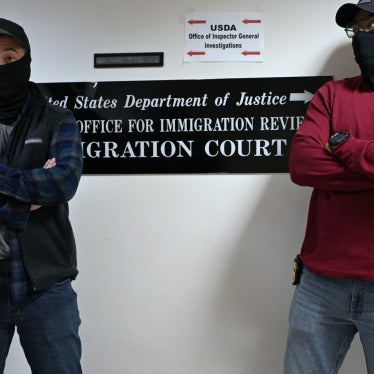Just as largely unprecedented mass street protests erupted on the streets in Cuba [“In the streets, Cubans ‘have lost their fear’, ” front page, July 13], the Coast Guard’s interdiction of a boat off the coast of Key West and summary return of Cubans to Cuba passed almost unnoticed. Although we can only speculate at the motives of Cubans desperate enough to make a dangerous boat journey in which nine people are believed drowned, the juxtaposition of massive protests and boat departures is likely not mere coincidence. The Coast Guard interdicted 49 Cubans in fiscal 2020, but has interdicted 554, a tenfold increase, so far in fiscal 2021.
July 28 marks the 70th anniversary of the 1951 Refugee Convention, to which the United States is bound through its accession to the convention’s 1967 Protocol. The foundational principle of refugee law is of nonrefoulement, not returning refugees to a place where their lives or freedom would be threatened. Unless people interdicted at sea are taken to a safe harbor and given the opportunity for a full and fair consideration of asylum claims, their forced return breaches the principle of nonrefoulement.
With Cuba and Haiti in political turmoil, the prospect of asylum seekers taking to the seas is a distinct possibility. A country’s treatment of refugees is the true measure of its humanity. President Biden, please meet that challenge.










